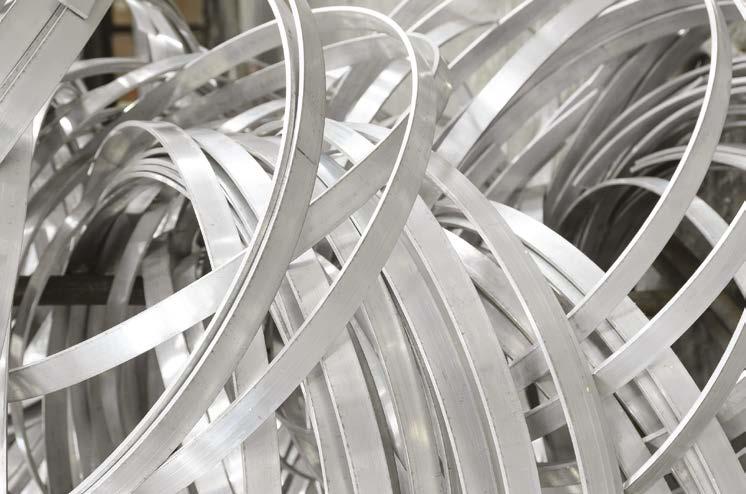
2 minute read
Quarterly message from the CEO
CLIMATE CHANGE IS THE GREATEST RISK FACING US ALL
Are free markets critical to tackling climate change, enabling the free flow of information and proliferation of green technology, challenging the narrative that free trade is a threat to the environment?
Around the world storms, floods and wildfires are intensifying. Air pollution sadly affects the health of tens of millions of people and unpredictable weather causes untold damage to homes and livelihoods too.
The impacts of climate change are devastating, however advances in tackling it are leading to cleaner air, creating high value jobs, restoring the balance of nature and at the same time driving economic growth.
The Board of Trade ‘Green Trade’ report (https://bit.ly/2VPwfZD) outlines the role of free trade and free-markets can play in accelerating the global transition to a low-carbon economy, challenging green protectionism and unleashing economic growth. It demonstrates how green trade presents a major economic opportunity for Britain that will drive high-value jobs and sustainable growth into every part of the country. UK CLIMATE LEADERSHIP AT COP 26 (https://bit.ly/3s6WDdj) The UK has a lot to be proud of when it comes to acting on climate change, we have shown that climate action can go hand-in-hand with economic growth. Between 1990 and 2019, we achieved record clean growth. In that time, our economy grew by 78% and our emissions decreased by 44% over this time, the fastest decline in the G7.
The UK presidency objective at COP 26 will be to achieve four goals (https://bit.ly/3s8Plps) • Secure global net zero by mid-century and keep 1.5 degrees within reach • Adapt to protect communities and natural habitats
• Mobilise finance
• Work together to deliver Countries are being asked to come forward with ambitious 2030 emissions reductions targets that align with reaching net zero by the middle of the century. These countries must agree on ambitious targets and goals, above all agree to work together to deliver the green industrial revolution.
• Aluminium – Driving a sustainable future. ALUMINIUM – DRIVING A SUSTAINABLE FUTURE

As a lightweight and highly recyclable material, aluminium is a key contributor to the UK’s low-carbon economy. Its role will continue to expand as industries contribute towards the Government’s green growth ambitions and 2050 net zero targets. From providing alternatives to single-use plastics to supporting more sustainable transport, aluminium is boosting recycling, driving the circular economy, and helping reduce carbon emissions.
ALFED have outlined a roadmap for boosting sustainability within the UK aluminium sector focusing on three pillars – decarbonisation, sustainable sourcing, and the circular economy. We look at ways in which those who process, trade and work with aluminium can harness sustainability as a competitive advantage, for the sector and for UK industry more widely. However, aluminium is a global sector with global supply chains. In addition to these UK-specific sustainability goals and actions, the Aluminium Federation will continue collaborating with European Aluminium, the International Aluminium Institute, the Aluminium Stewardship Initiative and other organisations worldwide, aligning our approach with worldwide efforts to boost sustainability across the value chain. (https://bit.ly/3iCsShh).
Tom Jones CEO Aluminium Federation










